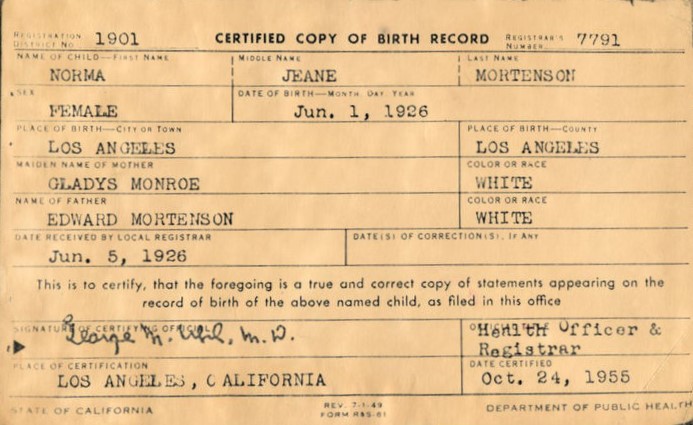
This is the 2nd installment of Tips for Embarking on African-American Genealogy. Click here to read the 1st installment of Tips for Embarking on African-American Genealogy.
- Patience + Perseverance = Pride
Genealogy research is not for the faint of heart. It is important to remember to be patient. It is better to go slow and steady rather than rush through your research. Nothing is worse than making an error early on and climbing the wrong family tree. It is better to pass on a well-documented family history than a legend, half-sourced and half-imagined.
- Go Wide Before You Go Deep!
In the black community, extended family, adopted family, and "play cousins" were important members of the family despite their variety of connections. The best way to bust through a brick wall is often to go around it. Instead of researching your direct ancestors, research their siblings, cousins, neighbors, and friends. Our ancestors lived, worked, and worshipped in communities. Their communities were unlike the semi-isolation we have designed for ourselves in modern society. There were no long commutes, or attending a church several counties over. This makes research a little easier. It means someone who lived near your ancestors could provide clues to their contribution to society via their lives. So, as you are browsing records, take special note of who lived close, who signed for their birth and death certificates and who married their children. 8. Follow the Money Researching African-American history is complicated. This is particularly true when researching enslaved ancestors during the Antebellum Era. If you are trying to find your enslaved ancestors, you often have to work double time. First, research your kin. Next, research the white families in the community to identify who held property. This work is hard-emotionally and otherwise. Yet, it is the only true way to find enslaved people who were considered property.
- Surprise! You May Have More European Ancestry Than You Think
According to a recent genome study, the average European ancestry carried by self-identified African-Americans is roughly 25%! It is important to note that definitions of race has changed with time. Often racial classifications were made by third-party's observation and based on phenotype. If a person appeared to have any visible European ancestry, they were documented as mulatto.This does not mean the person had one white parent and one black parent. Rather, they simply appeared to have mixed ancestry based on their physical features. This means that even if you do not have any white ancestors for several generations, it is not uncommon to have several generations of mulattoes climbing up in your family tree.Keep in mind, Native Americans and other ethnicities which did not fit into the black-white binary of American race classification could also be classified as mulatto. Race was and is highly subjective. Interestingly, some people of color consciously passed for white to take advantage of opportunities available to white Americans. This might explain how the same genetic study reveals that self-identifying whites in the South may carry African DNA.
- Take a DNA test!




